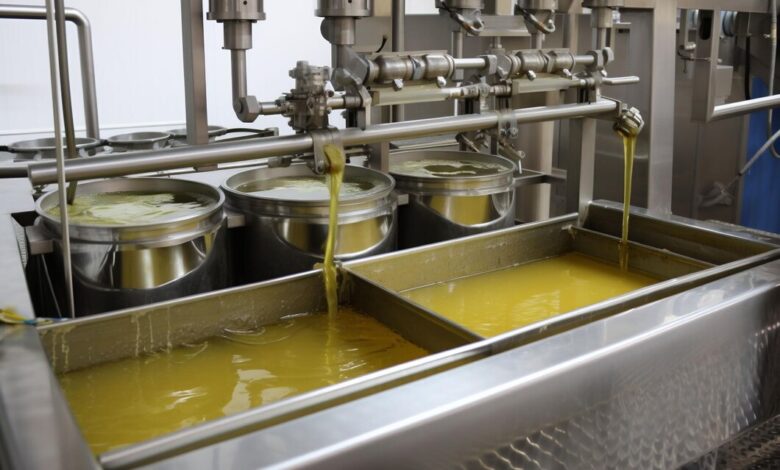
Tanganda Company Limited has announced the successful launch of its avocado oil extraction plant at Tingamira Estate, marking a significant step forward in the company’s ongoing efforts to diversify its product offerings and revenue streams. The plant began operations in May 2025, following the establishment of a joint venture with Trade Link Global BV of the Netherlands.
The new facility is already supplying avocado oil to several established markets worldwide. This initiative is central to Tanganda’s strategy to reduce its reliance on traditional cash crops and create new opportunities for sustainable growth.
Establishing the avocado oil extraction plant is a major milestone for Tanganda, positioning the company to tap into the premium global market for avocado oil. The product is highly sought after across multiple industries, including the food sector—where it is valued as a high-quality cooking oil and salad dressing—and the cosmetics and pharmaceutical sectors, where it is used in skincare, haircare, and health supplements. Avocado oil is also used in industrial applications, such as lubricants, biofuels, and organic products, offering Tanganda numerous avenues for growth.
“The company entered into a joint venture with Trade Link Global BV of Netherlands in establishing an avocado oil extraction plant at Tingamira Estate. The oil extraction plant commenced operations in May 2025 and oil exports to already established markets are underway,” said Tanganda Company Limited Chairman Herbert Nkala in the group’s half-year financial report for the period ending March 2025.
The process of extracting avocado oil involves several key stages, including washing, peeling, depitting, and pulping the fruit, followed by oil extraction through centrifuge methods, and then clarification and refinement to produce high-quality oil suitable for global markets.
The launch of the avocado oil plant comes at a time when Tanganda is facing challenges in its traditional operations. The company reported a 27 percent decline in revenue to US$8 million for the half-year ending March 2025, compared to US$11 million in the same period last year. Profit after tax also fell sharply by 73 percent to US$539,983, down from US$2 million the previous year.
The primary cause of this decline was adverse weather, with late rains significantly affecting tea production. Bulk tea production decreased by six percent to 4,736 tonnes, although production improved in the second quarter with better rainfall, which is expected to support stronger exports by year-end.
During the half-year period, Tanganda exported 2,174 tonnes of bulk tea, a 28 percent decrease from the previous year’s 3,005 tonnes. The average export price also fell slightly to US$1.29 per kilogram, down four percent from US$1.35 per kilogram, largely due to oversupply and stock build-up in Kenya.
“Revenue for the half year of US$8 million was 27 percent lower than prior year of US$11 million due to the impact of late rains on tea production and formal retail challenges that weighed down,” the company stated.
There were encouraging developments in other areas of the business. The macadamia nut harvest began toward the end of the reporting period, and Tanganda anticipates higher earnings driven by firming global prices. Meanwhile, coffee production and exports have declined, impacted by ageing coffee plants, planned replanting, and unfavourable weather. However, volumes are expected to improve as new coffee plants mature.
The beverage segment also faced headwinds, with packed tea sales declining by 18 percent compared to the prior year. Nonetheless, sales volumes began to recover in the second quarter, supported by a more stabilised exchange rate environment.
With the avocado oil extraction plant now operational and global demand for the product on the rise, Tanganda is well-positioned to strengthen its revenue base and drive long-term growth. The company’s continued focus on diversification and value addition is expected to mitigate the impact of agricultural volatility and open new markets for its expanding product portfolio.




